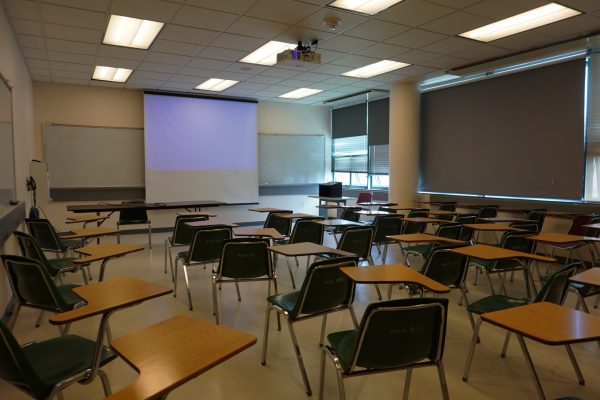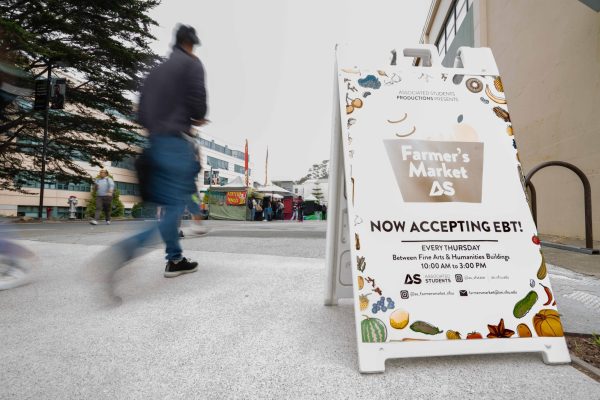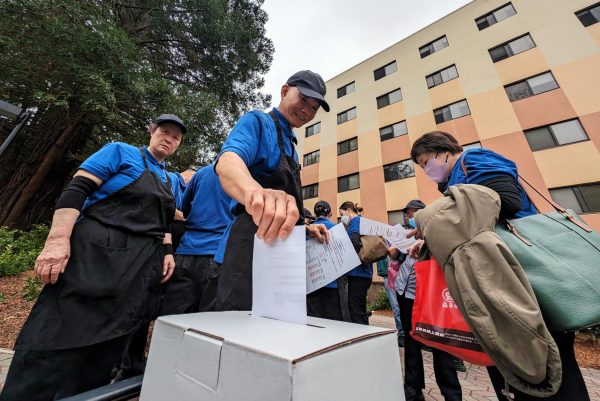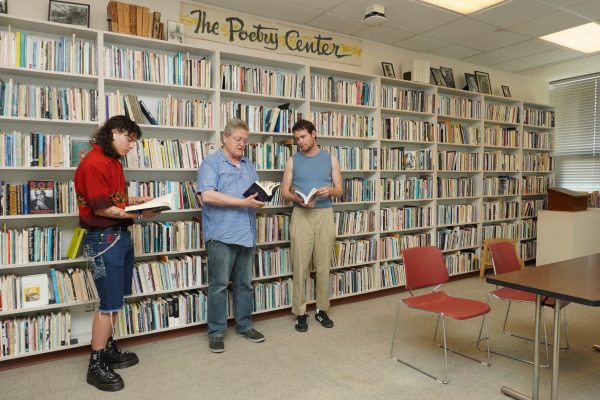Students begin resettling themselves after studying abroad
February 4, 2020
After spending the final few months of the decade exploring different corners of the world, SF State students who studied abroad for the fall semester of 2019 have returned and began adjusting to their old norms.
From Denmark to New Zealand, to Ghana and Hong Kong, SF State sends roughly 200 students a semester to a diverse range of countries around the globe. During the Fall 2019 semester students ventured to 49 cities, totaling 21 countries across five continents
New time zones, operating in countries that may not frequently use English, and food perhaps not even found anywhere in the United States, going abroad forces one to willingly give up what they are comfortable with to immerse themselves in the new environments.
Though those going abroad are braced to experience some degree of culture shock when arriving at their new homes, the Office of International Programs is careful to warn them of reverse culture shock when landing back in the states.
The melting pot of San Francisco and how different and distinct cultures can co-inhabit the city is what Kathryn Souza, who spent the 2018-2019 academic year in Kyoto, Japan, emphasized she missed about the city. Other significant differences she noticed: cheaper housing and a secure feeling of safety in Japan, and the visible and seemingly increasing homeless population of San Francisco.
The very visible levels of racial and gender diversity are partly what make San Francisco stand out against many other major cities around the globe. This coupled with the political energy in the city and around campus, sets SF State students up with a college experience unlike many of their other international classmates.
“The political atmosphere we have here, we’re all very charged up,” said Ashley Crump, who just finished a semester in Amsterdam, Netherlands. She noticed some actions that are either widely discouraged or accepted in San Francisco were not regarded to the same degree by her classmates abroad. One instance she recalled that upset her was seeing a student wearing blackface on campus.
“I thought tolerance for them meant something different than how we see it. For them tolerance means we’re dealing with them being here, and for us it is acceptance. It’s a little misconstrued.”
“What students don’t realize about living in another country for that long a period is that you evolve, you change, you start adapting to your new way of life and that becomes your new norm,” said Dr. Janelle Waldrep, a study abroad coordinator in the Office of International Programs. She noted hearing many students say leaving one’s home away from home is the hardest part of their experience abroad.
“When you have slow changes like that you don’t always see them in yourself, so when you’re back suddenly they become very obvious. When you come home it’s a surprise, because it’s home, it should be exactly the same.”
Waldrep encourages students to study internationally, naming her time abroad as one of the highlights of her undergraduate.
“It’s not going to be the same as when you are a tourist or when you’re there for a short period of time, you are not going to get that same sense of what it means to be someone living in that country. I think it’s something our students really appreciate,” Waldrep said.
Looking forward, the Office of International Programs is looking to continue expanding options for students, with new programs being available in St. Petersburg, Russia as well as in the U.A.E. and Colombia.














